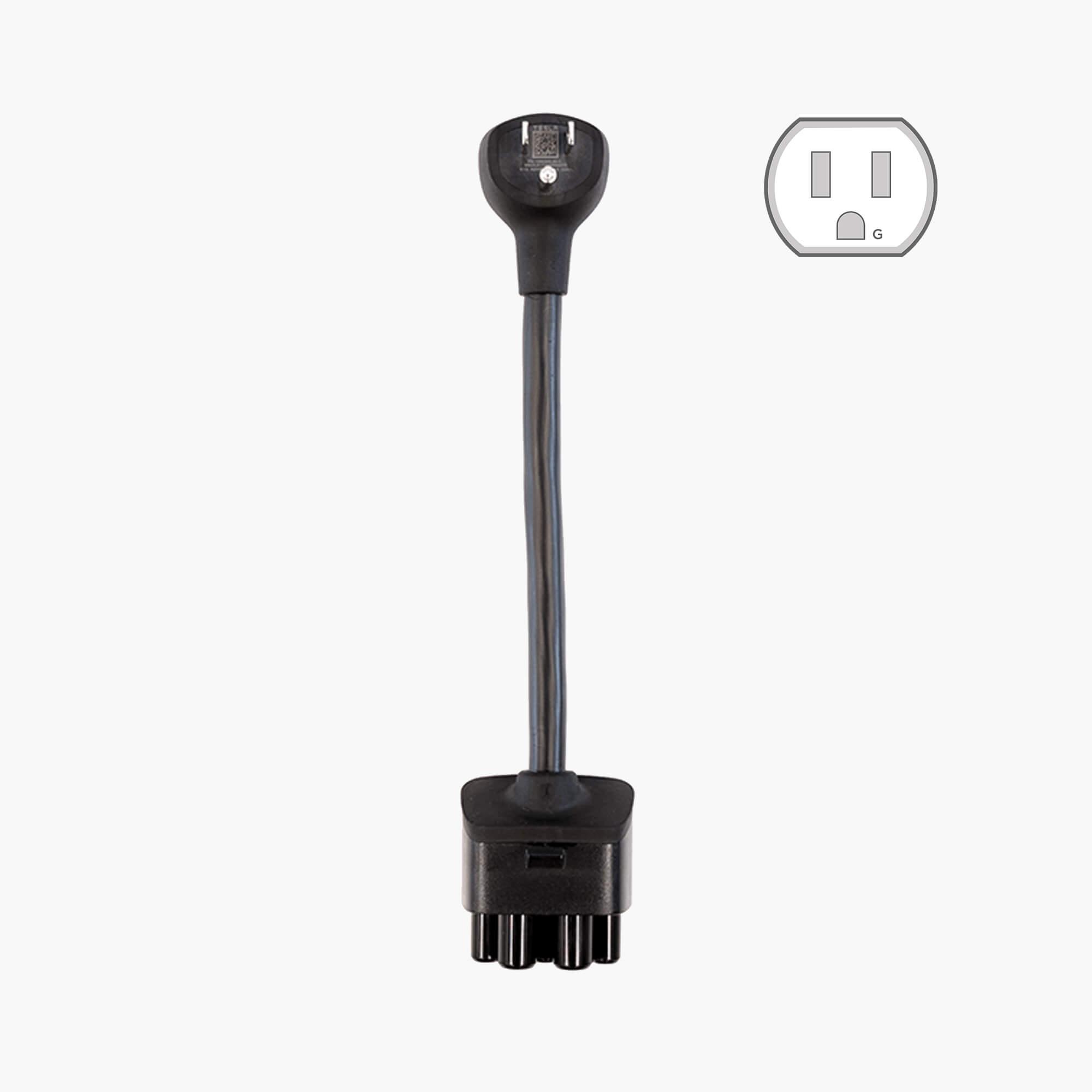Just picked up my ’23 MYLR this week and took it on a short roadtrip from Raleigh to Richmond to visit my in-laws. My in-laws have a 30-amp plug and I used a 30-amp to 50-amp RV adapter attached to the mobile charger. The adapter gets power and it lights up green. But the mobile charger isn’t getting any power.
Is it safe to say adapters shouldn’t be used with the mobile charger?
I know the mobile charger works because I used it at my house with my 50-amp plug. I’m thinking the adapter isn’t rated for Teslas.
I have an official 30-amp plug for the mobile charger on order for my next trip.
Thanks
Is it safe to say adapters shouldn’t be used with the mobile charger?
I know the mobile charger works because I used it at my house with my 50-amp plug. I’m thinking the adapter isn’t rated for Teslas.
I have an official 30-amp plug for the mobile charger on order for my next trip.
Thanks




